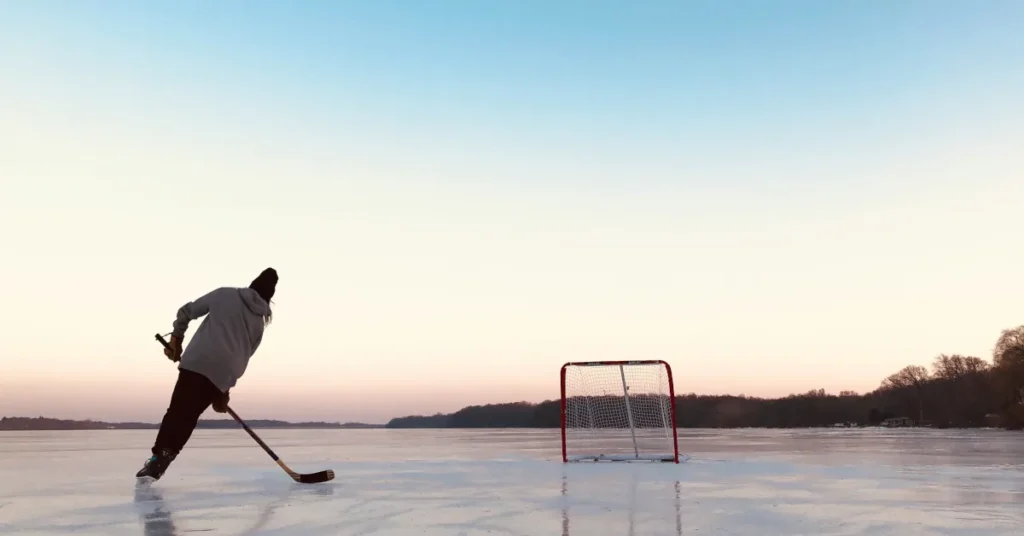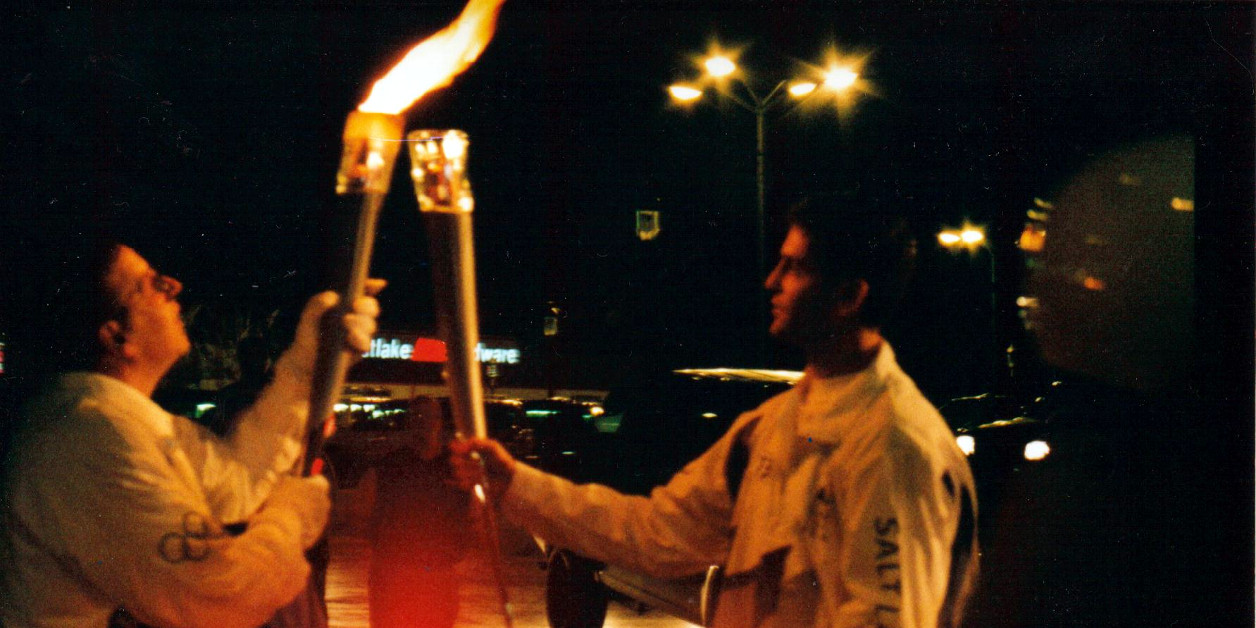On Mental Health, Forgiveness, and the Columbus Blue Jackets
TW: Mental Illness, Suicide

Well, yesterday was certainly something.
If you’re not hashtag very online, a Blue Jackets fan podcast committed some Jacket-on-Jacket crime. They made an offhanded joke demeaning the mental health of a CBJ player currently in the NHL’s Player Assistance Program, and the fanbase (and hockey community in general) found that pretty offensive and did their best to condemn the remark and support the player.
If that doesn’t ring a bell, a quick search on the Twitter dot com will fill in the gaps.
Mental health is something close to my heart because I’ve struggled with depression off and on for most of my adult life. If I’m being completely honest with myself, it’s been my whole life; it just wasn’t diagnosed until college.
If you know me and didn’t know this, it’s probably a pretty big surprise to you. Socially, I project a happy demeanor, believing there are only a few situations where trying to make someone laugh is a bad idea.
Some of that is masking; the disease makes you feel like you’re burdening others, and so I hide. Sometimes, it’s genuine happiness; depression can come and go, and when I have it under control, I am genuinely a pretty positive and happy person.
Occasionally, it’s somewhere in between, a sort of “fake it ’till you make it” approach to mental stability. That’s frequently not effective. Sometimes it is.
Twitter did two things after the video became widely circulated (even being seen and commented on by Patrik Laine, the target of the “joke”). People raged and called it (accurately) unacceptable and abhorrent. People also started donating to the mental health initiative Laine himself champions. I happily chipped in.
The second of those reactions is a beautiful outcome from a horrible situation. The first was something else entirely.
Let me be clear: the comment was out of hand, disgusting, horrible, no-good, and any other adjective you can think of. It has no place in civilized society, let alone in hockey, and deserves to be called out as such.
But the people that made it are human.
People rushed to complain about the unacceptable Notes App apology they were looking forward to, only to later complain about the video apology that was also deemed unacceptable.
I don’t know if the apology was good enough. I’m not the one they owed an apology to.
What I can tell you is that it was objectively clear in that video that they knew they had screwed up on a massive level. Their podcast is likely over. They’ll be easily recognized if they go to the Arena District, and, given some of the horrible reactions, I’m sure they won’t be comfortable. Their public fandom of the Blue Jackets will never be the same again.
And. They. Knew. It.
Folks piled on, saying they were apologizing only to try to do damage control and that they were not really sorry. For me, the reason doesn’t even matter. They could have played the heel and continued to make inappropriate comments to gain attention, but they didn’t.
They realized the gravity of one line done in poor taste to get a chuckle, a line that could have been edited out of the not live podcast, and they issued an apology. With any luck, they’ve grown up a little bit in this experience and will never verbally joke about mental health no matter what is in their heart. Knowing what you simply can’t say is a step in the right direction, even if they aren’t sorry.
As for me, things are going pretty good right now. My depression and anxiety are largely under control. Many others out there today are not so lucky.
If their hearts are indeed where they say they are, the gentlemen on this podcast are having a rough time right now, and their mental health also matters. Even if the words in their apology video are not how they truly feel, and they’re just doing it to stem the flood of outrage, they still deserve our grace and kindness.
The US Suicide and Crisis Lifeline is 988. It provides 24-hour support to anyone in a suicidal crisis or emotional distress. Calling or texting 988 will connect you with a trained crisis counselor.
If you regularly (or irregularly) see a doctor, talk to them. They’ll point you in the right direction.
Or, just reach out to a friend or family member, even if it’s uncomfortable and you feel like you’re being a burden. That’s the disease talking. I can damn near guarantee you that they’re already worried about you but don’t know how to start the conversation.
Today is someone’s worst day of their life, and you never know who that person is. Treat everyone with kindness.
